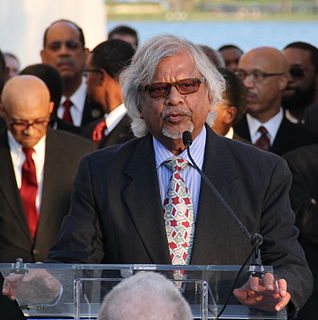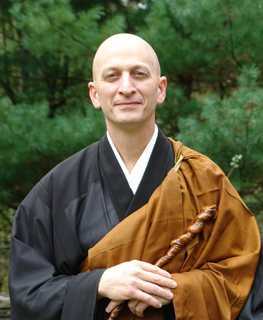A Quote by Karl Popper
Nature consists of facts and of regularities, and is in itself neither moral nor immoral. It is we who impose our standards upon nature, and who in this way introduce morals into the natural world, in spite the fact that we are part of this world. We are products of nature, but nature has made us together with our power of altering the world, of foreseeing and of planning for the future, and of making far-reaching decisions for which we are morally responsible. Yet, responsibility, decisions, enter the world of nature only with us
Quote Topics
Consists
Decisions
Enter
Fact
Facts
Far
Foreseeing
Future
His Way
Immoral
Impose
Introduce
Itself
Made
Making
Moral
Morally
Morals
Natural
Natural World
Nature
Neither
Nor
Only
Our
Part
Planning
Power
Products
Reaching
Responsibility
Responsible
Spite
Standards
This World
Together
Us
Way
Which
World
Related Quotes
Again, if the world is destroyed, it must needs either be destroyed according to nature or against nature. Against nature is impossible, for that which is against nature is not stronger than nature. If according to nature, there must be another nature which changes the nature of the world: which does not appear.
So many people around the world have used nonviolence as a way to resolve a conflict that they faced in their lives. And they continue to use it everywhere all over the world there. And I think, in a way, nonviolence is our nature. Violence is not really our nature. If violence was our nature, we wouldn't need military academies and martial arts institutes to teach us how to kill and destroy people. We ought to have been born with those instincts. But the fact that we have to learn the art of killing means that it's a learned experience. And we can always unlearn it.
Every person in the world is by nature a slave to sin. The world, by nature, is held in sin's grip. What a shock to our complacency- that everything of us by nature belongs to sin. Our silences belong to sin, our omissions belong to sin, our talents belong to sin, our actions belong to sin. Every facet of our personalities belong to sin; it own us and dominates us. We are its servants.
It is the Late city that first defies the land, contradicts Nature in the lines of its silhouette, denies all Nature. It wants to be something different from and higher than Nature. These high-pitched gables, these Baroque cupolas, spires, and pinnacles, neither are, nor desire to be, related with anything in Nature. And then begins the gigantic megalopolis, the city-as-world, which suffers nothing beside itself and sets about annihilating the country picture.
Let us, then, take our compass; we are something, and we are not everything. The nature of our existence hides from us the knowledge of first beginnings which are born of the nothing; and the littleness of our being conceals from us the sight of the infinite. Our intellect holds the same position in the world of thought as our body occupies in the expanse of nature.
After decades of faithful study, ecologists have begun to fathom hidden likenesses among many interwoven systems. ...a canon of nature's laws, strategies, and principles...
Nature runs on sunlight.
Nature uses only the energy it needs.
Nature fits form to function.
Nature recycles everything.
Nature rewards cooperation.
Nature banks on diversity.
Nature demands local expertise.
Nature curbs excesses from within.
Nature taps the power of limits.
I don't know if most people have truly taken on board what this says about our place in the natural world. It doesn't mean that humans are dominating the Earth, ruling over all of nature. In fact, it is a reminder that we are only a tiny part of nature, at the mercy of a system whose operations predate us by billions of years, and will continue billions of years after we're gone.
Man wants to see nature and evolution as separate from human activities. There is a natural world, and there is man. But man also belongs to the natural world. If he is a ferocious predator, that too is part of evolution. If cod and haddock and other species cannot survive because man kills them, something more adaptable will take their place. Nature, the ultimate pragmatist, doggedly searches for something that works. But as the cockroach demonstrates, what works best in nature does not always appeal to us.





































